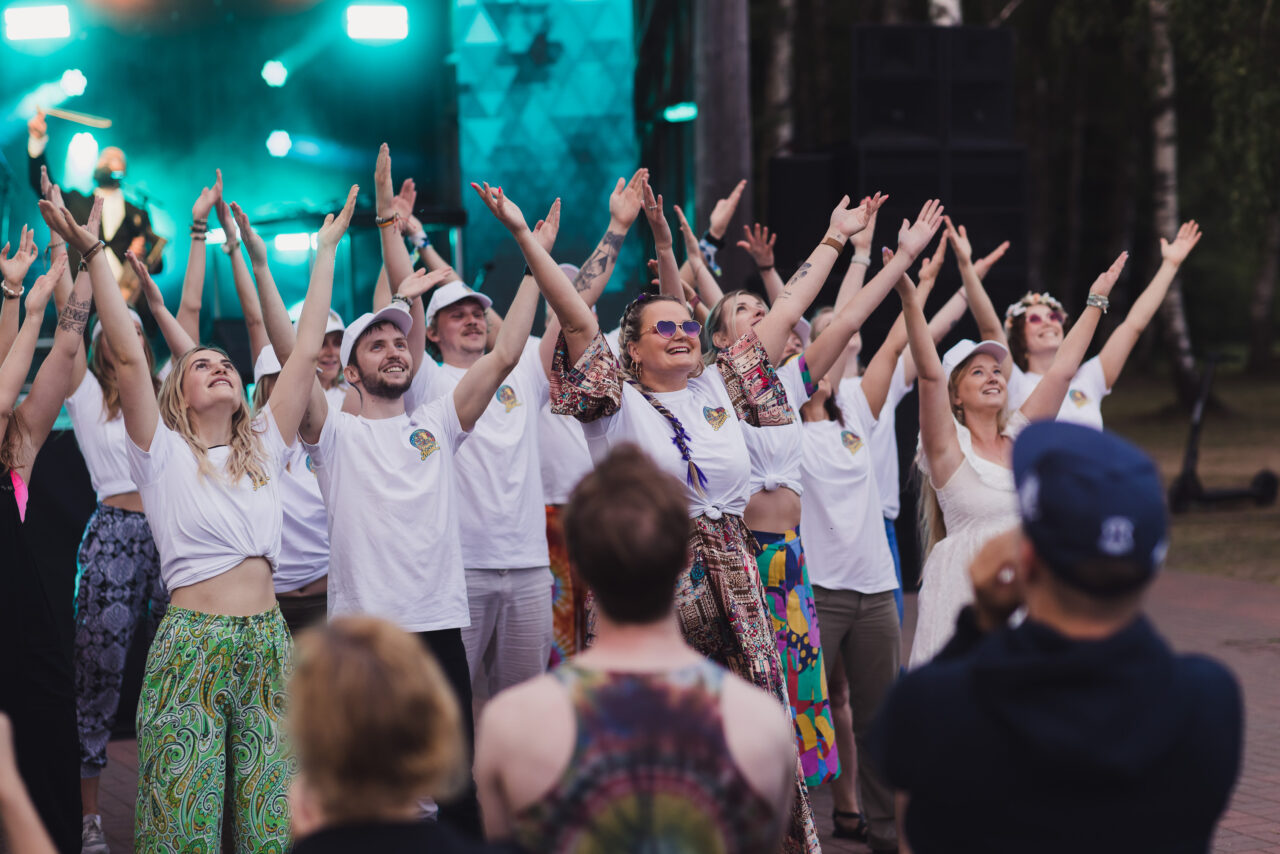Organizing team events is much more than just a day or evening when the team comes together and spends time outside the usual work environment. It’s an opportunity to unlock entirely new levels of engagement, strengthen bonds, and inspire team members in ways that leave a lasting impact. As the company’s marketing director, you’re undoubtedly aware of the importance of keeping your team motivated and inspired, especially when goals are ambitious, and challenges are complex. But how exactly can you ensure that a team event delivers the desired outcome? Here are some thoughts and experiences we’ve gathered over the years that might inspire you to create events that truly make a difference.
Clarity of Objectives: Why and How?
Every successful team event begins with clear objectives. Whether your goal is to strengthen team spirit, develop new skills within the team, foster creativity, or simply provide a relaxing time, setting objectives is always the first step. A clear goal helps you make the right choices: select suitable activities, find the ideal venue, and create a schedule that keeps everything running smoothly. For instance, if you want to boost team spirit, it’s a good idea to choose activities that require collaboration and mutual trust. Our experiences have shown that well-defined objectives can turn an ordinary gathering into a truly inspiring and memorable team event.
Logistics and Planning: The Details That Create an Extraordinary Event
Planning is the backbone of a team event. It’s not just about agreeing on the time and place. It’s crucial to think about how every detail, from the budget to the activities, contributes to the overall experience. For example, when our team visited Setomaa, we didn’t just limit ourselves to discovering the local cultural treasures. We learned to prepare traditional foods and gained new insights into nature and local traditions. Such an immersive experience not only broadened our horizons but also offered new perspectives we could apply in our daily work. Team event planning should always involve a holistic approach where every detail is well thought out, and each participant has the opportunity to gain something valuable.
Inspiration and Experiences: Memories That Last
Our team has found inspiration from a variety of places and people. We’ve attended team events both near and far, from the modern art museum in Berlin located in a World War II bunker to the serene coastal meadows of Hiiumaa. Each encounter has left us pondering and energized. Particularly memorable was our meeting with art collectors Karen and former advertising executive Christian Boros, whose extraordinary art collection opened our eyes to new perspectives on both art and life. Such experiences are not just entertaining; they enrich our team dynamics and help us think beyond conventional boundaries. These memories stay with us for a long time and provide strength and inspiration even when we’re back at the office.
Feedback: How to Improve the Next Event?
After each team event, it’s important to gather feedback. This is the only way to understand what worked well and what could be improved next time. Feedback can come in many forms: surveys, real-time feedback, or individual conversations. All these methods provide valuable insights that help enhance future events. Our team has found that open communication and constructive feedback are key factors in creating even stronger and more cohesive teams. When participants feel that their opinions are valued and taken into account, engagement and motivation for team events increase.
How Do We Organize Our Team Events?
As the Orangetime team, we’ve visited various places to find inspiration and new ideas that we can apply in our daily work. We’ve tasted local delicacies, drank spring water from Roman fountains, and learned in Setomaa that a toast is a dialogue, not a monologue. Each experience has brought new energy and fresh thinking into our lives. We’ve gotten to know new cultures, met inspiring people, and learned how others see the world. All of this has helped us develop our team and organize exciting team events.
Successful Collaboration with Partners and the Team
Organizing team events is more than just an event; it’s an investment that can yield great rewards in the long run. By finding a professional partner, taking the time and care to plan and execute truly meaningful and inspiring events, you can be confident that your team will become stronger and capable of reaching new heights. So, the next time you’re planning a team event, think big and let your team experience something truly extraordinary. Give your team the opportunity to grow and develop in ways that help them achieve new goals and fulfill the company’s objectives with even greater enthusiasm.
Types of Team Events
Team events are a great way to increase your team’s cohesion and motivation. Here are some popular types of team events:
Excursions
Excursions are an excellent way to enhance team cohesion and experience new adventures. You can go hiking, canoeing, sailing, or even mountain climbing. Excursions can be fun and adventurous, but they can also be challenging and require teamwork and collaboration.
Workshops
Workshops are a great way to develop your team’s skills. Workshops can focus on developing certain skills, such as communication, problem-solving, time management, or leadership. Workshops can also be practical, such as a cooking class or a yoga session.
Training Sessions
Training sessions are a great way to learn new skills and develop your team. Training can focus on leadership, communication, teamwork, sales skills, or other areas important to your company. Training can also be online, allowing the team to learn at their own pace.
Celebratory Events
Celebratory events are a great way to recognize and celebrate your team. These can be anniversaries, Christmas parties, summer days, or other special occasions. Celebratory events can also be a great opportunity to improve interaction among team members and build new relationships.
